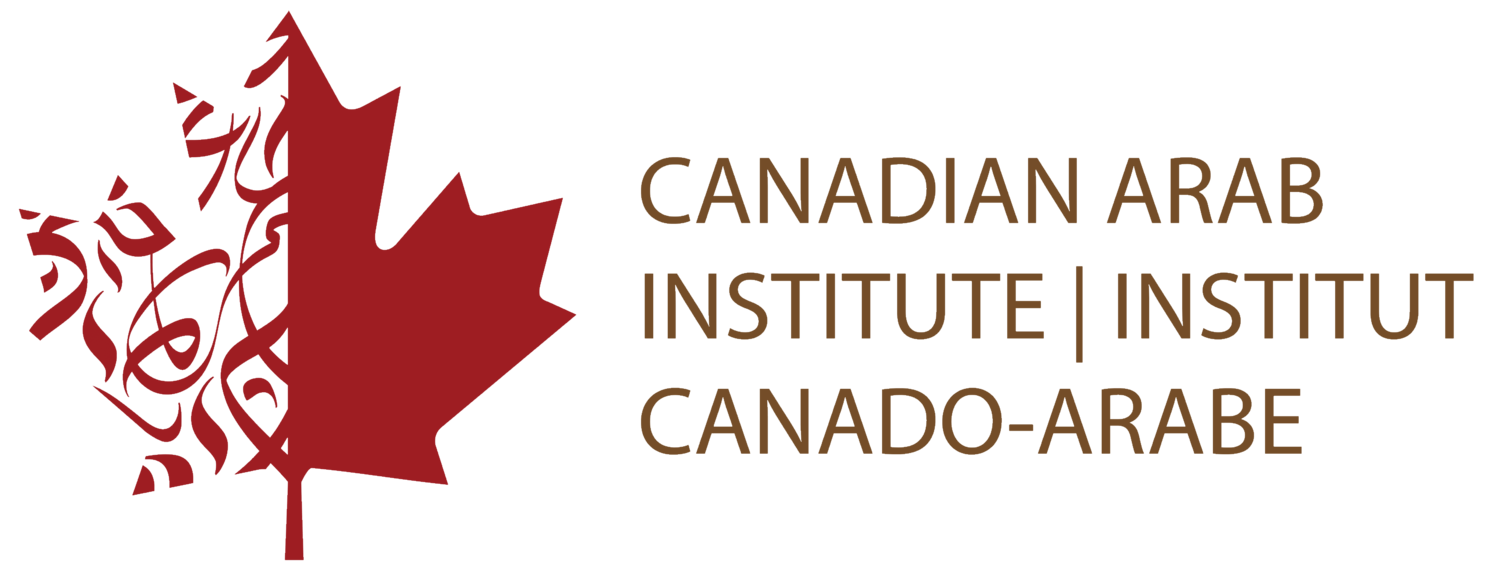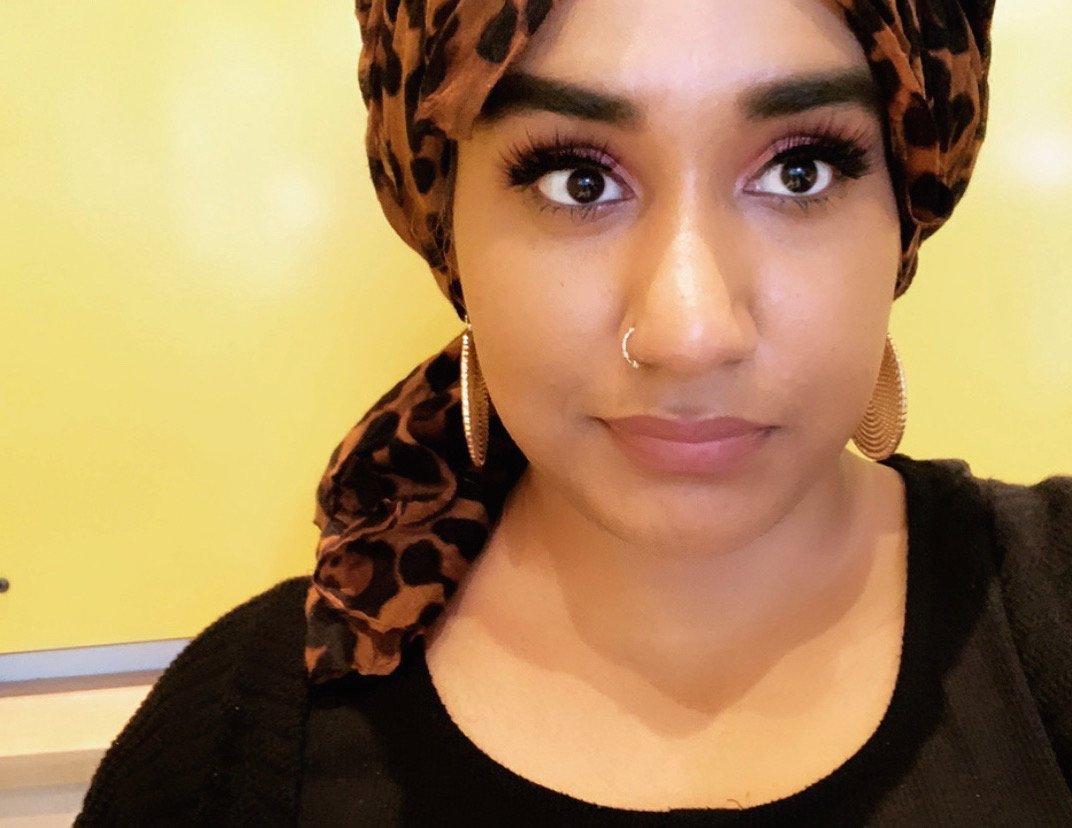Fasting, feasting, and fitting in: A Ramadan explainer through an Arab-Canadian Muslim lens
By Shaistha Khan
Twitter: khan_shaistha
Arab Muslims across Canada will begin observing Ramadan, a 30-day fasting period, on March 23. During this month, Muslims all over the world fast during the day, increase their prayers, supplications and charitable endeavors, and restrain from vices and worldly pleasures.
At the end of the lunar month, Muslims celebrate Eid al-Fitr, a three-day celebratory holiday marking the end of Ramadan.
Why Muslims fast during Ramadan
Fasting is one of the five tenets of Islam, and upon attaining puberty, becomes mandatory for Muslims (unless exempt). The fast commences with suhoor, the first meal of the day, eaten just before dawn. And it ends with iftar, a meal after the sun sets. The word Iftar comes from the Arabic word فطر (fatar), which means to break a fast. During the fasting period, Muslims do not eat or drink, do not engage in sexual intercourse, and refrain from immoral deeds, words, and actions.
This spring, Canadian Muslims will be fasting for nearly 13 hours.
Those who are exempted from this religious obligation are travellers, the sick, and women who are menstruating, pregnant, or are breastfeeding. However, they are required to make up for the missed fast by fasting at a later day in the year.
Ramadan is the ninth month of the Islamic calendar. During this month, the holy Quran was revealed to Prophet Muhammad, the last prophet of Islam. The last ten days of the month are particularly sacred. Every prayer, supplication, and good deed that one does during the month is said to be multiplied by seven hundred, and Muslims make haste to avail this opportunity.
The significance of Ramadan
Refaat Mohamed, director of Religious Affairs and Imam of Anatolia Islamic Centre, says that Ramadan is a good opportunity for Muslims to change for the better. By depriving oneself of food and drink, Ramadan encourages Muslims to think of the less fortunate and apply the qualities of kindness and compassion.
“Ramadan also encourages Muslims to practice self-control over themselves and their desires,” Mohamed says. “By engaging in more worship, it also brings them closer to God.”
Refaat Mohamed, director of Religious Affairs and Imam of Anatolia Islamic Centre, says that Ramadan is a good opportunity for Muslims to change for the better. Photo courtesy of Refaat Mohamed.
Sana Patel, a post-doctoral research fellow at University of Toronto’s Institute of Islamic Studies believes that for Canadian Muslims, Ramadan signifies an important time to reconnect with and recharge their faith.
For many Canadian Muslims and those in the Arab diaspora, Ramadan also offers an opportunity to meet and bond with the Islamic community while attending prayers in the mosque or communal meals.
“It can be easy to lose sight of religious practices while living in Canada, where most of us are busy working 9-5 jobs to make a decent living,” she says. “But when Ramadan comes around, the sense of community is heightened and Canadian Muslims participate in activities like breaking their fast at iftar, going to the mosque for prayers, or getting up at suhoor for a meal.”
Canadian-Arab Muslim traditions
Since suhoor is the last meal an observer eats for several hours, it is advisable to have a balanced and nutritious meal.
Depending on cultural practices and preferences, suhoor can range from a rice meal to a simple smoothie. Ful medames, a mashed bean stew, for instance, is commonly enjoyed by Egyptians at suhoor, whilst some others might prefer oatmeal.
It is the tradition of the Prophet to open the fast with a date, and so it is common practice for Muslims to also open their fast with a date and water. Mohamed, for instance, opens his fast with dates and juice, like the Tamar Al Hindi (sweetened tamarind juice). Again, depending on cultural practices and individual preferences, common dishes at an Arab iftar table include fruit, kunafa (sweet cheese pastry), sambusak and fatayer (savoury pies.).
As Muslims stay up late during the night to pray and attend community events, some prefer to eat a more substantial dinner afterward.
Iftar and suhoor parties are commonplace during the month, and are an important part of the communal Ramadan experience. Among Arabs from the Gulf region, gergaoun is a Ramadan tradition in which children collect sweets from their neighbours. Gift-giving and charitable endeavours are a hallmark of Ramadan, with many Muslim families sponsoring iftar meals at their local mosque or for the less fortunate.
Leading up to the last ten days, festivities include shopping, planning get-togethers, and preparing for Eid ul-Fitr.
On the first day of Eid, Arab-Canadian Muslims wake up early, put on their finest clothes, and attend the Eid congregational prayers. Here they will meet their neighbours, friends, and the local community. After the prayers and special sermon, families go home to enjoy a spread of their favourite Eid foods.
Ghraybeh (Lebanese shortbread cookies) and Ma’amoul (Egyptian date cookies) are some sweet treats that Arab-Canadian Muslims savour on Eid.
Sana Patel, a post-doctoral research fellow at University of Toronto’s Institute of Islamic Studie, says an important Ramadan tradition for her family is visiting the Islamic Society of North America (ISNA) mosque for midnight prayers. Photo courtesy of sana patel.
For Patel, an important Ramadan tradition is visiting the Islamic Society of North America (ISNA) mosque for midnight prayers. “On the weekends, we attend the community iftar hosted by the mosque,” she says. “Afterwards, my mother and I stay awake until sunrise to pray supplementary prayers, read the Quran, reflect on our daily habits, and prepare for suhoor.”
Ramadan, as part of Canadian society
Patel believes that Canadian government officials should be aware of the significance of Ramadan for Canadian Muslims. “In recognizing this, religious accommodation should be offered at workplaces and Eid should be recognised as a holiday, just like Christmas is.”
While most Muslims continue with their regular routines of working while fasting, both Mohamed and Patel believe that an empathetic approach towards Muslims during the month of Ramadan is appreciated. Patel cites the example of scheduling a work dinner after sunset and Mohamed believes that employees can exempt workers from tedious, labour-intensive work during fasting hours.
This year, Lent, the 40-day fasting period observed by Christians, overlaps with Ramadan. Speaking on the similarities between Lent and Ramadan, Patel says that it serves as a reminder to respect all traditions.
“Ramadan should also remind officials the importance of fighting Islamophobia and creating inclusive spaces and policies for Muslims all year round,” Patel adds.
Shaistha Khan is a writer / editor and freelance journalist who writes on Saudi Arabia and the wider Arab Gulf region. Her work has appeared in BBC Travel, Al Jazeera, TRT World, Vogue Arabia, Harper’s Bazaar Arabia, The National News (UAE), and more. You can follow her on Twitter here.



